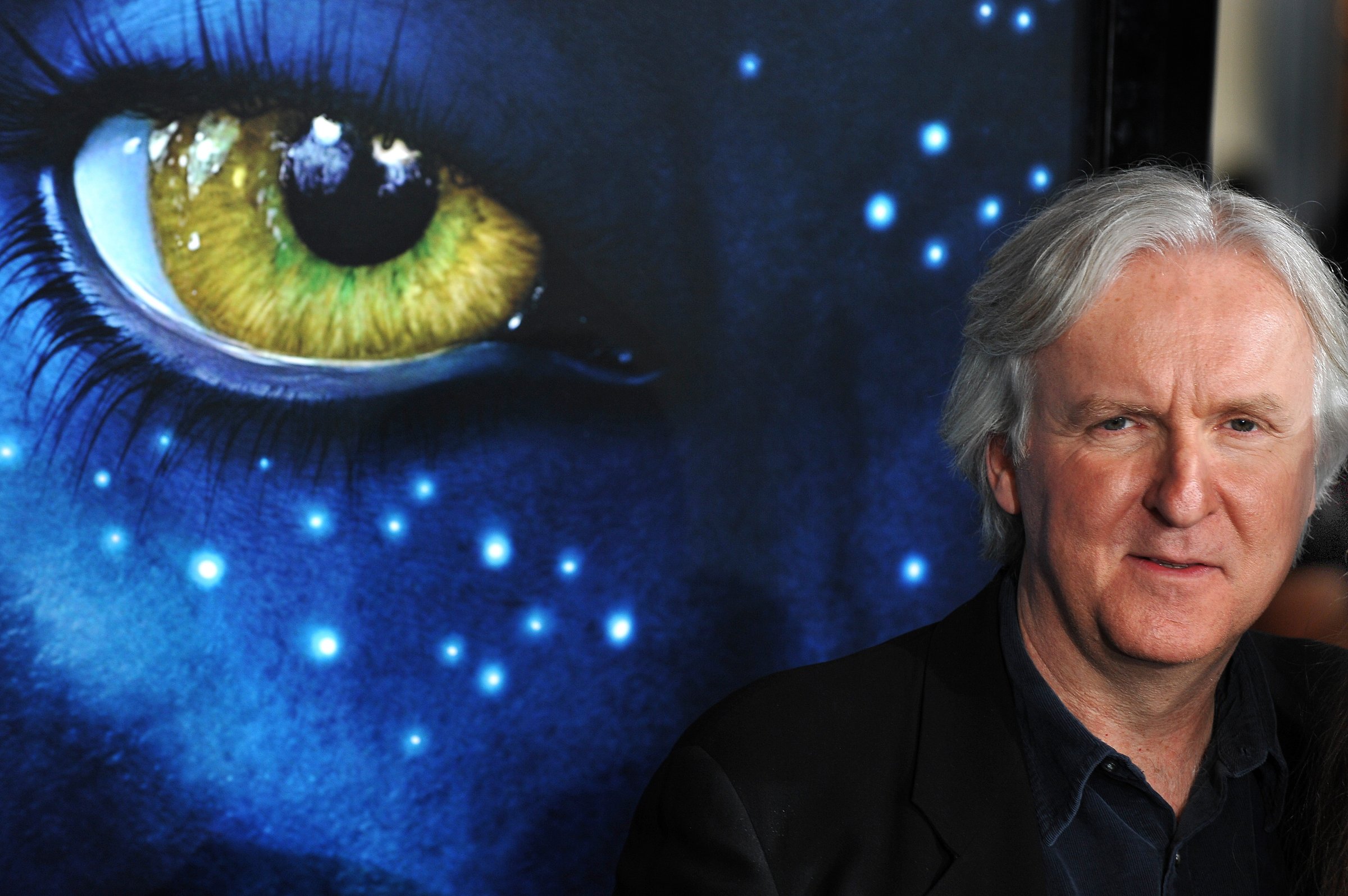
Filmmaker James Cameron’s return to New Zealand to begin production on his Avatar sequel sets the scene for the South Pacific nation to position itself as a Covid-free haven in a world still struggling to contain the pandemic.
The 30-person crew was given a government exemption to enter the country — which has been closed to foreigners for three months — because the project would ensure work for 400 locals. Other filmmakers are following, while boxing promoter Bob Arum is considering Auckland as a venue for an upcoming heavyweight title fight, because it could be televised globally in front of a 60,000-person crowd.
While a seven-week nationwide lockdown stalled spending, and the closure of the border wiped out the international tourist and education industries, New Zealand has been effective in containing the virus — there’s been no evidence of community transmission for almost two months. Prime Minister Jacinda Ardern lifted the last restrictions on consumers and businesses on June 8, allowing a return to normality that has set the economy on a path to recovery.
“We’ve got a new superpower, which is being Covid free in a world infected with the virus,” said Roger Partridge, chairman of Wellington-based think tank The New Zealand Initiative. “We should be looking at how we can take advantage of that to bring some life back into the economy.”
The nation of 5 million people now has one of the least stringent response settings in the world, according to a gauge developed by Oxford University. New Zealand has had 1,516 Covid cases in total and 22 deaths. There were 11 active cases as of June 24, all residents who have returned from overseas and are in mandatory quarantine.
Ardern last month welcomed Microsoft Corp.’s plan to create a datacenter in New Zealand for cloud services, saying the company wouldn’t be investing if it didn’t have full confidence in the economy and that the nation offers a safe place for operation in both a health and business sense. By getting on top of Covid-19 early, New Zealand has created a “safe-haven strategic advantage,” she said.
Gross domestic product fell the most in 29 years in the first three months of the year and economists predict the second-quarter contraction could approach 20%. Yet there are already signs that demand is resurfacing and analysts expect a double-digit GDP rebound in the third quarter.
The brighter outlook saw New Zealand become the first major stock market in Asia Pacific to erase its Covid-related losses. The benchmark S&P/NZX 50 index is now up 32% from its March 23 low. The kiwi dollar has lifted 13% in the same period.
To help the recovery, the government has pledged NZ$62 billion ($40 billion) of fiscal support, while the Reserve Bank has slashed interest rates and embarked on quantitative easing to drive down borrowing costs. The central bank today reiterated it is ready to provide more stimulus if needed.
Film
The screen industry is worth NZ$3 billion a year and feature-length productions made by foreign studios are a key part of that, employing thousands of local workers. That’s why the government has exempted 56 foreign film crew to travel here — the Avatar group and a second team that is starting this week making The Power of the Dog, a movie starring Benedict Cumberbatch and Kirsten Dunst.
The Avatar sequel is being produced in Wellington in partnership with Peter Jackson’s Weta Digital. Cameron chartered an aircraft from Los Angeles and footed the bill for his group’s two-week quarantine in a city hotel in order to resume work.
The project will invest NZ$70 million over the remainder of 2020 and “millions more a month after that for the next several years,” producer Jon Landau told Television New Zealand. By coming back across the border and going through the quarantine process his crew has been a testing ground for allowing essential workers in, he said.
“It’s a signal to other films that they can return to work here safely, and to other businesses that might not have thought of coming to New Zealand before,” he said. “The opportunities are immense and we are the wedge in the door that hopefully unlocks a lot for the economy.”
Students
The export education industry — worth about NZ$5 billion a year — is anxious for the government to free up access for foreign students, many of whom were committed to continuing courses before the pandemic struck. Education Minister Chris Hipkins has said New Zealand’s Covid-free status may make it an even more desirable country for foreigners to study in.
“For students, coming into a safe environment should be attractive,” said John McDermott, director of Wellington-based economic consultancy Motu and a former chief economist at the RBNZ. “We’re Covid free and that should be an opportunity. There’s some industries that hopefully could take advantage of that.”
More Must-Reads From TIME
- The 100 Most Influential People of 2024
- Coco Gauff Is Playing for Herself Now
- Scenes From Pro-Palestinian Encampments Across U.S. Universities
- 6 Compliments That Land Every Time
- If You're Dating Right Now , You're Brave: Column
- The AI That Could Heal a Divided Internet
- Fallout Is a Brilliant Model for the Future of Video Game Adaptations
- Want Weekly Recs on What to Watch, Read, and More? Sign Up for Worth Your Time
Contact us at letters@time.com